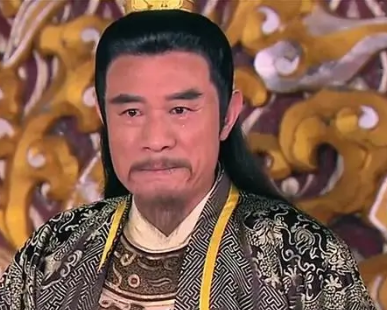Qin Shi Huang, as the first emperor in Chinese history to complete the reunification of the six kingdoms, his means of rule have always been an important topic for historians and scholars to study. Among them, the measure of "burning books and burying Confucian scholars" has sparked widespread controversy and discussion.

I. Historical Background of Burning Books and Burying Confucian Scholars
After unifying the six kingdoms, Qin Shi Huang faced tremendous governance challenges. To consolidate his ruling position, he began to implement a series of severe policies. According to the "Records of the Grand Historian", Qin Shi Huang once ordered the burning of private books, banned private schools, and executed some Confucian scholars who opposed him.
II. Unifying Thought to Consolidate Rule
Regarding why Qin Shi Huang burned books and buried Confucian scholars, historians have given different explanations. One view is that Qin Shi Huang wanted to eliminate ideological differences and unify the thought and culture of the entire country. During the Warring States period, each feudal state had its own cultural traditions and ideological systems, which posed great difficulties for the reunification of the Qin dynasty. Therefore, Qin Shi Huang hoped to eliminate these differences through burning books and burying Confucian scholars to achieve ideological unity throughout the country.
III. Combating the Influence of Confucian Scholars
Another view is that Qin Shi Huang wanted to combat the influence of Confucian scholars because they posed a threat to his rule. Confucian scholars advocated benevolent governance and ritual governance, which contradicted Qin Shi Huang's legalist thought and autocracy. Therefore, in order to maintain his authority and ruling status, Qin Shi Huang adopted extreme means to combat Confucian scholars.
IV. Conclusion
Although the event of Qin Shi Huang burning books and burying Confucian scholars has passed for more than two thousand years, its influence is still profound. By reviewing this period of history, we can gain a deeper understanding of the historical background and social landscape of the Qin dynasty. At the same time, it also reminds us of the importance of protecting cultural heritage and avoiding the recurrence of historical tragedies.
Disclaimer: The above content is sourced from the internet and the copyright belongs to the original author. If there is any infringement of your original copyright, please inform us and we will delete the relevant content as soon as possible.































